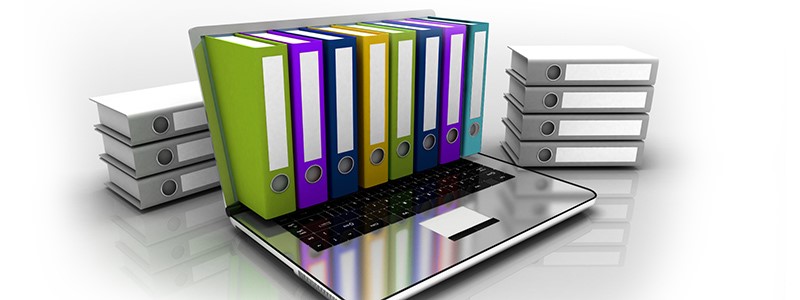Once tax season is over, you may want to file your most recent records and discard older records to make room for the new ones. According to the IRS, personal tax records should be kept for three years after filing your return or two years after the taxes were paid, whichever is later.* (Different rules apply to business taxes.) It might be helpful to keep your actual tax returns, W-2 forms, and other income statements until you begin receiving Social Security benefits.
The rules for tax records apply to other records you use for deductions on your return, such as credit card statements, utility bills, auto mileage records, and medical bills. Here are some other guidelines if you don’t use these records for tax purposes.
Financial statements. You generally have 60 days to dispute charges with banks and credit card companies, so you could discard statements after two months. Once you receive your annual statement, throw out prior monthly statements.
Retirement plan statements. Keep quarterly statements until you receive your annual statement; keep annual statements until you close the account. Keep records of nondeductible IRA contributions indefinitely to prove you paid taxes on the funds.
Real estate and investment records. Keep these at least until you sell the asset. If the sale is reported on your tax return, follow the rules for tax records.
Loan documents. Keep documents and proof of payment until the loan is paid off. After that, keep proof of final payment.
Auto records. Keep registration and title information until the car is sold. You might keep maintenance records for reference and to document services to a new buyer.
Medical records. Keep records indefinitely for surgeries, major illnesses, lab tests, and vaccinations. Keep payment records until you have proof of a zero balance.
Other documents you should keep indefinitely include birth, marriage, and death certificates; divorce decrees; citizenship and military discharge papers; and Social Security cards. Use a shredder if you discard records containing confidential information such as Social Security numbers and financial account numbers.
*Keep tax records for at least six years if you underreported gross income by more than 25% (not a wise decision) and for seven years if you claimed a deduction for worthless securities or bad debt.
|
|
| Prepared by Broadridge Advisor Solutions Copyright 2020. |



